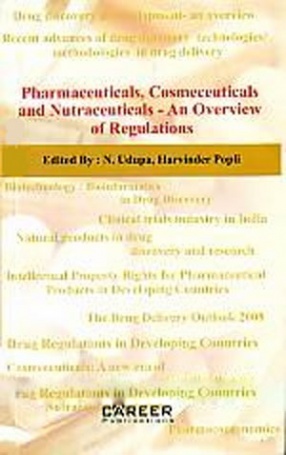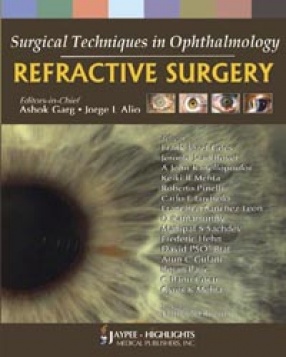The metabolic fate of a drug is not constant in humans; it is a function of time chronopharmacology, therefore has crept in almost all branches of pharmaceutical sciences, because of its importance in the drug design, development, bioavailability, efficacy, prescription and administration. By timing a drug, its toxicity can be reduced. Chronopharmacology deals with the time dependent peaks and troughs in the action of drugs and other pharmaceuticals in the body. In the present scenario, it is possible to explain all the functions of the body as a function of time. In the same way as sleep-wake, feed-hunger and joy-depression are regulated by the living clocks, the maximum efficacy and minimum toxicity of a drug can be achieved if it is administered at the appropriate time; i.e., right drug in the right form, at the right dose, at the right time. So the given drug can act synergistically with biological clock. For example, sleeping pill should be taken in the nighttime to produce good results.
Individual rhythmic oscillations will change the mode of check up and treatment timings, depending on the answers given by an individual regarding bed time routine, meal timings, phase of menstrual cycle, exposure to Sunlight, time spent on watching TV and time spent on working on the computer etc. various surgeries can be planned, type of anesthesia and organ transplant can be decided, Change in the core temperature will indicate the danger of infection rather than induction of fever and depending on sensitivity of breast tissue of hormones, breast biopsies and blood samplings can be planned.
The scope of the book is very wide; the Editors hope that every Pharmacologist will make best use of the present book.










There are no reviews yet.